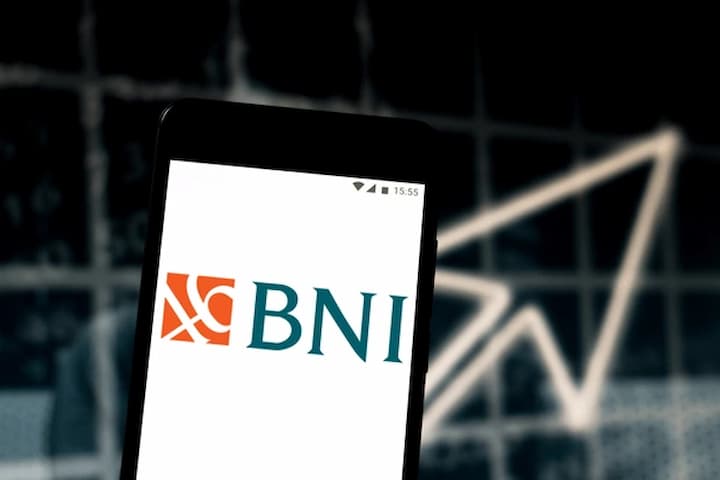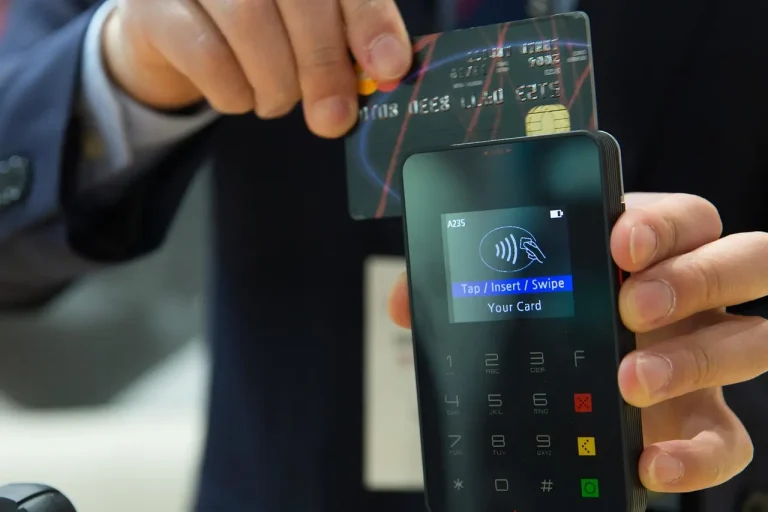Your money, all in one place: Open banking with BNI makes life easier
Open banking is transforming the financial landscape at an unstoppable pace. Taking advantage of APIs (Application Programming Interfaces) allows secure sharing of customer financial data between banks and third-party developers. This innovation is paving the way for a new era of financial empowerment, offering a platter of benefits for consumers and businesses. At the forefront of this evolution stands Bank Negara Indonesia (BNI), which has a groundbreaking API service.

Open banking is not just a buzzword; it’s a rapidly growing trend with statistics reflecting its undeniable impact. According to a Statistica report, the number of open banking users worldwide is surging at a staggering rate of around 50% annually, with a projected global user base of 132.2 million in 2024. The value of open banking transactions globally reached a whopping 57 billion U.S. dollars in 2023, and this figure is expected to witness a sharp rise in the coming years.
So, why does BNI’s API stand out?
In this evolving environment, BNI’s API service stands out as a comprehensive and secure solution for open banking. BNI was a frontrunner in developing the open banking standard in Indonesia, demonstrating its commitment to fostering collaboration and innovation within the financial sector. Their API service offers a robust suite of digital banking functionalities, empowering customers with greater control and flexibility over their finances.
Here’s a glimpse into what makes BNI’s API service truly stand out:
- Standardized and streamlined transactions: BNI has implemented the standardized SNAP API service, simplifying and expediting customer transactions. This initiative aligns with the goals outlined in Bank Indonesia’s Blueprint 2025, which promotes open banking through standardized open APIs.
- First mover advantage: BNI pioneered the development of the SNAP standard, earning a reputation as the “first mover.” By embracing APIs as digital bridges, BNI’s API Portal is a gateway, enabling seamless communication and interaction between software applications. This unlocks many digital banking functionalities, catering to diverse customer needs.
- Driving economic growth: BNI’s API services play a significant role in shaping Indonesia’s financial sector. As the country moves towards an open banking ecosystem, BNI contributes to more effective data management, operational efficiency, integrated services, and safer technological infrastructure.
- Impressive numbers: Until December 2023, BNI’s API attracted 4,000 customers, generating 389 million API hits with 154 million transaction items. The total value of transactions reached an impressive IDR 828 trillion. BNI’s API has transformed the financial landscape, providing customers with easier and more efficient access to banking services.
- Accelerating digital transformation: BNI’s API collaboration extends beyond traditional banking. It facilitates partnerships with financial technology (FinTech) companies and institutions, fostering an environment for the growth and development of the digital financial industry.
- Security and reliability: BNI prioritizes the security of customer data. Their API adheres to stringent security protocols, ensuring safe and reliable data exchange.
- Comprehensive functionality: They offer a wide range of functionalities, encompassing account access, payment initiation, and data aggregation. This allows developers to create feature-rich financial applications that cater to diverse customer needs.
- Ease of use: BNI’s API is designed with user-friendliness in mind. It boasts a well-documented structure and clear instructions, making it easier for developers to integrate it into their applications.
Benefits of open banking with BNI’s API
Open banking, facilitated by BNI’s API, unlocks a hidden treasure of possibilities for both individuals and businesses:
- Enhanced financial management: Individuals can utilize open banking to gain a consolidated view of their finances across different banks, empowering them to make informed decisions, track spending habits, and identify areas for saving.
- Streamlined payments: Open banking allows faster and more convenient bill payments and transfers. BNI’s API facilitates seamless integration of these functionalities within third-party applications.
- Personalized financial services: With open banking, businesses can develop innovative financial products and services tailored to individual customer needs. Their API empowers developers to create data-driven financial solutions that enhance customer experience.
- Financial inclusion: Open banking has the potential to promote financial inclusion by making financial services more accessible to a broader population. Here, BNI’s API can play a crucial role in this endeavour by enabling the development of user-friendly financial applications.
The future of finance is open
Open banking is here to stay, and BNI’s API is poised to be a key driver of this revolution. As open banking continues to evolve, we can expect even more innovative applications and services to emerge, fundamentally transforming how we manage and interact with our finances.
Are you a developer looking to grasp the power of open banking? Explore BNI’s API and discover how it can empower you to create groundbreaking financial solutions. With BNI’s secure and comprehensive API, you can unlock a world of possibilities and contribute to shaping the future of finance.






